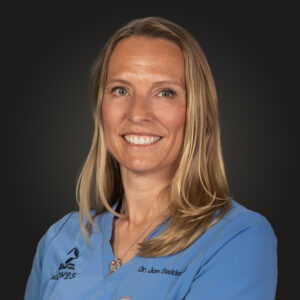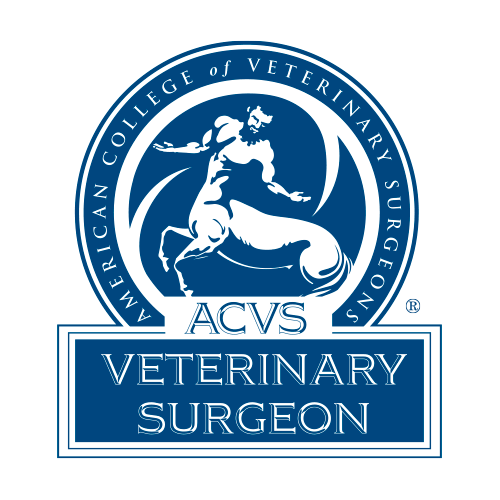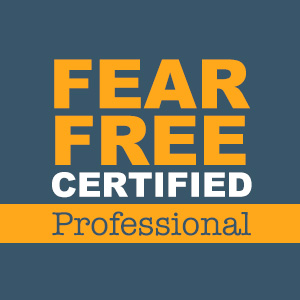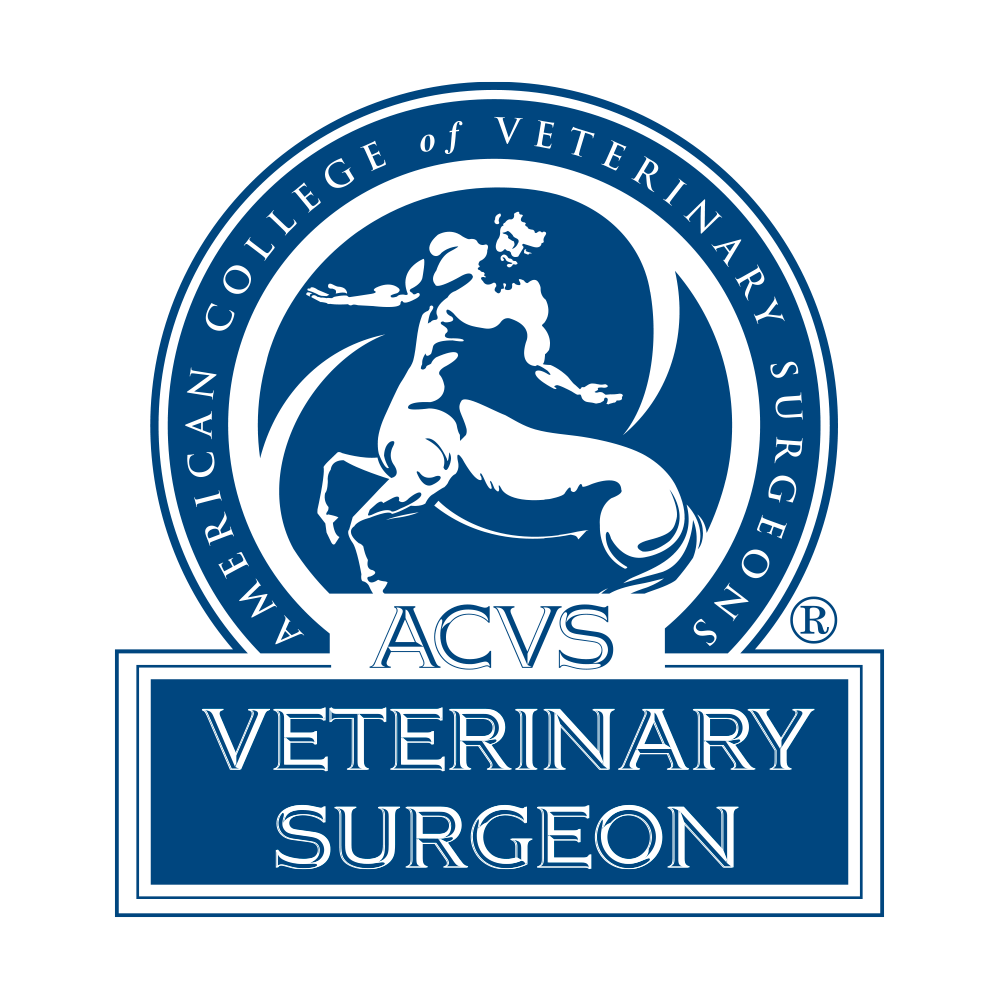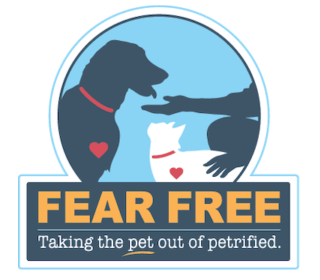Dr. Jennifer Swiderski
Diplomate, American College of Veterinary Surgeons (Small Animal)
Dr. Jennifer Swiderski is a board-certified veterinary surgeon in Colorado. She is available to serve general practice and emergency animal hospitals in the Colorado Springs metro area of the I-25 corridor, stretching from the south side of Denver all the way to Pueblo, CO.
Biography
Born into a military family in Agaña Heights, Guam, it was clear from a very early age that Jen would become a veterinarian; her favorite place to sleep was always curled up with her Grandma’s dog. She was just 13 years old when she landed her first job in the veterinary field as a kennel technician.
After earning her BS in biology in California, Jen moved to Colorado, worked as a surgical technician and earned her veterinary degree from Colorado State University Veterinary School in 2002. Dr. Swiderski’s time as a surgical tech instilled in her a desire to become a surgeon, so she returned to California for an internship in small animal medicine and surgery at VCA West Los Angeles Animal Hospital in 2003.
Following her internship, Dr. Swiderski returned to Fort Collins, Colorado to be a surgery resident at Colorado State University. She completed a combined master’s degree and three-year residency in small animal surgery through the Clinical Sciences Department at CSU. Dr. Swiderski achieved board-certification as a Diplomate of the American College of Veterinary Surgeons in 2008.
Since earning her board certification, Dr. Swiderski has worked in veterinary referral hospitals in Southern California and Colorado. She joined the MOVES team in the Fall of 2019, where she serves Colorado Springs and the surrounding areas as a mobile Veterinary Surgeon, offering advanced orthopedic and soft tissue surgery services to general practice veterinarians. Some of her current research interests include oncologic surgery and minimally invasive surgery.
CV
- 2019
Joined MOVES - 2008
Achieved board certification through ACVS - 2007
Completed combined master’s degree and residency in small animal surgery at Colorado State University - 2003
Completed internship at VCA West Los Angeles - 2002
Earned DVM degree from Colorado State University College of Veterinary Medicine - 1996
Graduated from California State University–Stanislaus with a double major in Biology & Chemistry
Hazlett JK.
Laryngeal Paralysis.
Pulse (May 2010)
Hazlett JK, Dhaliwal RS.
Hemangiosarcoma, Considerations in Care and Treatment.
Pulse (April 2011)
Swiderski JK, Monnet E.
Comparison of Glycomer 631 and Polyglyconate for use in feline OHE.
In publication.
Swiderski JK, Withrow S.
A novel surgical stapling technique for rectal mass removal: a retrospective analysis.
J Am Anim Hosp Assoc (2009 45[2])
Swiderski JK, Seim HB, MacPhail CM, Campbell TW, Johnston MS, Monnet E.
Long-term outcome of domestic ferrets treated surgically for hyperadrenocorticims: 130 cases (1995-2004).
J Am Vet Med Assoc (2008; 232[9])
Swiderski JK, Radecki SV, Park RD, Palmer RH.
Comparison of radiographic and anatomic femoral varus angle measurements in normal dogs.
Vet Surg (2008; 37[1])
Swiderski JK, Palmer RH.
Long-term outcome of distal femoral osteotomy for treatment of combined distal femoral varus and medial patellar luxation: 12 cases (1999-2004).
J Am Vet Med Assoc (2007; 231[7])
Meola SD, Swiderski JK, Randall EK, Kraft SL, Palmer RH.
What is your diagnosis? Spinal cord compression.
J Am Vet Med Assoc (2007; 230[11])
Swiderski JK, Fitch RB, Staatz A, Lowery J.
Sonographic assisted diagnosis and treatment of bilateral gastrocnemius tendon rupture in a Labrador retriever repaired with fascia lata and polypropylene mesh.
Vet comp orthop traumatol (2005;4)
Breshears LA, Fitch RB, Wallace LJ, Wells CS, Swiderski JK.
The radiographic evaluation of repaired canine ilial fractures (69 cases).
Vet comp orthop traumatol (2004;2)
Swiderski JK.
Onchectomy and its alternatives in the feline patient.
Clin Tech Small Animal Pract (2002;17[4])
Send a Message to Dr. Swiderski
What is a board-certified veterinary surgeon?
Like most health care fields, the veterinary profession has become multi-tiered. Veterinarians may now specialize in various disciplines (including surgery), as recognized by the AVMA’s American Board of Veterinary Specialties (ABVS). The American College of Veterinary Surgeons (ACVS) is the AVMA-recognized veterinary specialty organization™ for certification of veterinarians in large animal surgery and small animal surgery.
If your animal develops a problem or injury requiring advanced care and procedures, your primary veterinarian or emergency room veterinarian may refer you to a veterinary surgeon.
A veterinary surgeon has undergone additional training after veterinary school in order to become a specialist. This training consists of a minimum of a 1-year internship followed by a 3-year residency program that meets guidelines established by the American College of Veterinary Surgeons (ACVS).
During the residency there are specific training and caseload requirements that must be met. In addition to these requirements, applicants must perform research that is published in a scientific journal and then pass a rigorous examination.
Adapated from “What is a Veterinary Surgeon?” on acvs.org.
What is a fear-free certified professional?
Founded in 2016, Fear Free provides online education to veterinary professionals, pet professionals, animal welfare communities, and pet owners. Fear Free courses are developed and written by the most respected veterinary and pet experts in the world, including boarded veterinary behaviorists, boarded veterinary anesthesiologists, pain experts, boarded veterinary internists, veterinary technicians (behavior), experts in shelter medicine, animal training, grooming, boarding, and more.
With all the false (and harmful!) pet information on the internet, Fear Free aims to keep veterinary healthcare teams and pet professionals at the forefront as the true pet health experts. By closely listening to the needs of the profession and those of the new generation of pet owners, Fear Free has become one of the single most transformative initiatives in the history of companion animal practice, providing unparalleled education on emotional wellbeing, enrichment, and the reduction of fear, anxiety, and stress in pets and improving the experience of every human and pet involved.
Adapated from “What is Fear Free?” on FearFreePets.com.

